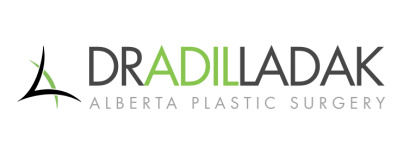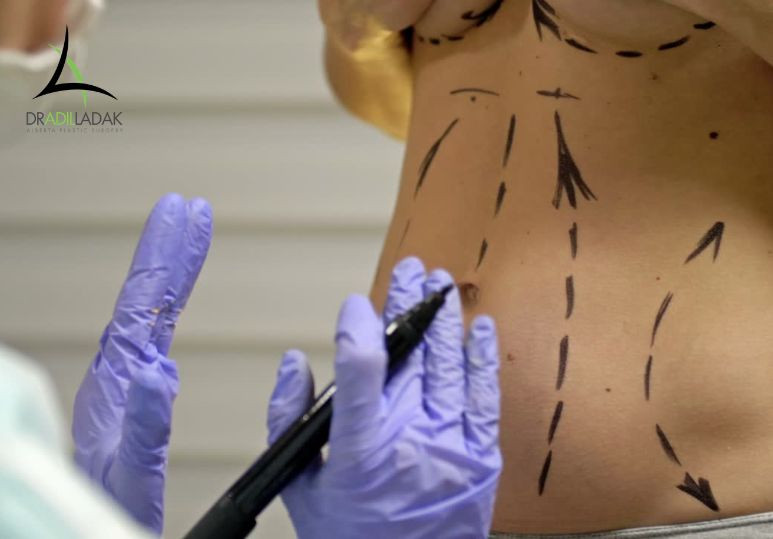Starting a career in the field of medicine is not merely a career choice but a calling to make a difference in the lives of others. From the exhilaration of saving lives to the empathy required for patient care, a medical career is both demanding and immensely rewarding. In this blog, we'll navigate through the roadmap that leads aspiring individuals to a fulfilling and impactful medical career.
The Foundation of Education
The first step on the path to a medical career involves laying a solid foundation through education. Aspiring medical professionals undertake rigorous academic training, starting with a bachelor's degree that often includes prerequisite coursework in sciences. This educational journey then continues with medical school, a challenging yet transformative phase. Rigorous coursework and clinical rotations equip students with the knowledge and hands-on experience necessary for their chosen field, whether it's surgery, pediatrics, or internal medicine. The years spent in classrooms and hospitals serve as the bedrock on which a successful medical career is built.
The Compassion Connection
Central to a rewarding medical career is the ability to connect with patients on a deeply human level. Compassion is the thread that weaves through every interaction. Medical professionals must not only diagnose and treat illnesses but also provide emotional support and understanding. The empathy displayed in moments of vulnerability makes a profound impact on patients' healing journey. From holding a patient's hand during difficult news to celebrating milestones in recovery, this compassionate connection is the cornerstone of patient-centered care.
Lifelong Learning and Adaptation
The medical field is in a constant state of evolution, with new treatments, technologies, and research emerging regularly. A commitment to lifelong learning is essential for medical professionals to stay current and provide the best possible care. After completing formal education, doctors continue to engage in continuing medical education (CME) activities, attending conferences, workshops, and seminars. This commitment ensures that they remain at the forefront of medical advancements and deliver evidence-based care to their patients. Adaptation to new methodologies and technologies is not just a professional obligation but a testament to the dedication that defines a medical career.
A medical career is a journey that requires dedication, compassion, and a commitment to constant growth. Aspiring medical professionals lay the foundation through rigorous education, where the seeds of expertise are sown. The real essence of this journey, however, lies in the connections formed—with patients, colleagues, and the ever-evolving landscape of medicine. Compassion becomes the guiding light, illuminating the path even during the most challenging moments. Through lifelong learning and adaptation, medical professionals ensure they deliver the best care possible, remaining at the forefront of medical progress. As individuals embrace this roadmap, they step into a world where every diagnosis, every treatment, and every act of kindness holds the potential to change lives and make a lasting impact. A medical career is not just a path—it's an unwavering commitment to healing, empathy, and the human spirit.
FAQ
Q: What is the difference between a plastic surgeon and a cosmetic surgeon?
A: Plastic surgeons have completed extensive training that includes both cosmetic and reconstructive surgery. They are certified by recognized medical boards and possess a comprehensive skill set to perform various procedures. Cosmetic surgeons, on the other hand, might come from diverse medical backgrounds and may focus primarily on aesthetic procedures.
Q: How do I choose the right plastic surgeon for my needs?
A: When choosing a plastic surgeon, it's crucial to consider their qualifications, board certification, experience, and expertise in the specific procedure you're interested in. Look for patient reviews, before-and-after photos, and schedule consultations to discuss your goals and assess their approach.
Q: What safety measures should I be aware of before undergoing plastic surgery?
A: Ensuring your safety is paramount. Confirm that your plastic surgeon operates in accredited facilities, has hospital privileges, and follows proper infection control protocols. Transparent discussions about the procedure, potential risks, recovery, and expected outcomes are essential for your peace of mind and successful surgical experience.






